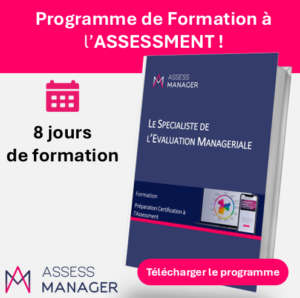Emotional adaptability, defined by two American psychologists and academics, Peter Salovey and John Mayer, is the ability to perceive one’s own emotions and those of others, to understand them and to regulate them so as to use them to guide our thoughts and actions.

This form of adaptability requires four mental abilities:
- Perceiving emotions: knowing how to recognise our own emotions and those of others
- Understanding emotions: being able to situate the other person emotionally and being able to “predict” their emotional future (in order to lead them in the direction of the desired emotions)
- Managing emotions: knowing how to assimilate your emotions into your thoughts
- Using emotions: being able to use them to guide our behaviour.
On the other hand, an emotional manager is someone who lets his emotions get the better of him and loses control, with a low level of awareness and/or driven by a high level of stress: uncontrolled expression of anger, sadness, etc., or inability to hear the emotions of those he is dealing with.
Detecting managers with strong emotional adaptability in your company means finding potential allies to support change.
Detecting managers with a low level of emotional adaptability means potentially identifying people who can influence the level of RPS in the company, either by being too rigid (over-protective strategy), or by being too overwhelmed (depression or emotional over-acting).
Assess Manager includes a key indicator in its manager assessment test: emotional adaptability.
The Assess Manager test, taken individually by all the managers in a company, provides a map of the teams and people who are priorities for change management projects, or who need support to help them grow.
It is also a tool for preventing RPS, a point now widely accepted by psychologists specialising in supporting employees in companies.
Emotional adaptability is not something you learn at school… But it can be learned at any age!

To go further with Assess Manager


